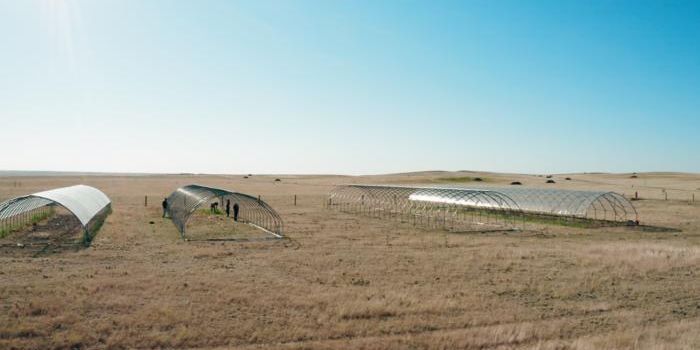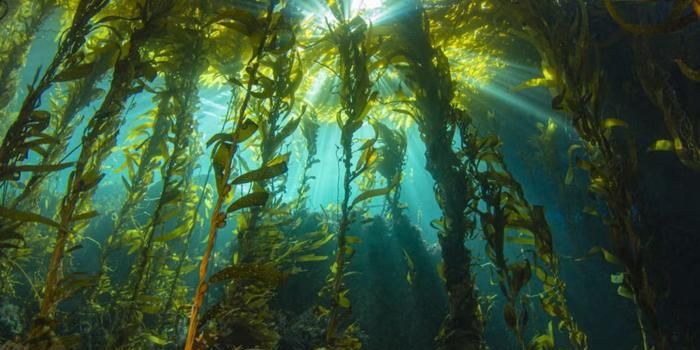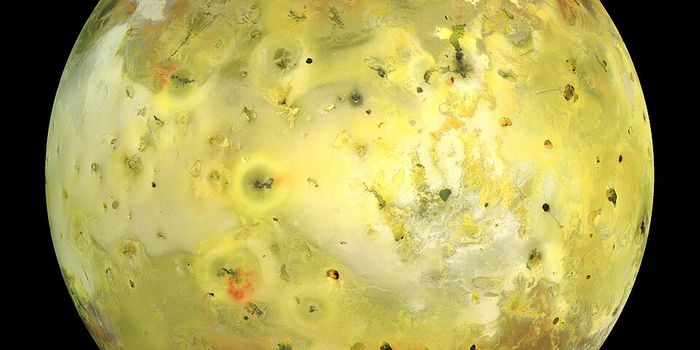Michigan is considering whether or not to allow commercial fish farming in the Great Lakes.
Two operators have expressed interest in faming rainbow trout in floating netted enclosures in Lake Huron and Lake Michigan. So far, no permit applications have been submitted, but iMichigan officials are gathering information, preparing for a possible future in which they may have to pass laws on the subject, or possibly regulate a new industry.

Officials in Michigan’s departments of Environmental Quality, Natural Resources and Agriculture and Rural Development have requested five reports written by groups of scientists, economists and other experts. These groups have been appointed to advise regulators as they weigh the pros and cons of allowing a process known as "net-pen aquaculture" to possibly be deployed in the waters of The Great Lakes within Michigan's boarders. These reports have recently been made available to the public online.
Tammy Newcombe, senior water policy adviser for Michigan’s Department of Natural Resources says, "There are a lot of concerns that would have to be addressed for any type of net-pen facility to move forward.” She noted that a public comment period on the possible future of this sort of operation will be scheduled for November.
Newcombe explained that the reports are not position papers. They don't make any attempt to argue for or against fish farming in The Great Lakes. They are only concerned with the environmental, economic and regulatory issues surrounding the practice. Their intent is to provide background information for regulators, giving them the foundational information they will need in order to make sound rulings on future permit applications.
The supporters of this sort of project contend that, if managed properly, net-pen farms can operate without posing any threat to the environment. A 2014 report by Michigan Sea Grant, a federal government program which, in partnership with with universities around the country, funds projects concerned with environmental research and education, stated that such a project and projects like it could be part of a future aquaculture industry in the state, which could potentially generate a billion dollars annually.
But last week The Michigan Environmental Council stated that, after reviewing the newly released reports, they have determined that any potential benefits simply aren’t worth the risks. "If one thing goes wrong,” explains Sean Hammond, deputy policy director of the council, “it could sacrifice the quality of the Great Lakes for years to come.”
The council supports a bill that was introduced last month by Republican state Senator Rick Jones, from Grand Ledge. The bill would ban commercial fish farming in the Great Lakes, within Michigan's borders.
Roy Stein, a biologist and Ohio State University professor led the scientific group, says that if any net-pen farms are built, they should start as closely monitored "pilot projects”, with strict controls on net location, control of waste, disease prevention and other factors.
The economic report, produced by Michigan State University's Center for Economic Analysis, used a model of two hypothetical trout farming operations in the Great Lakes. Their analysis showed that two such operations could together produce about 2 million pounds of trout annually, which would be worth about $6.6 million, and roughly 17 jobs, not a great payoff for risking such a tremendous resource.
Source:
abc news









